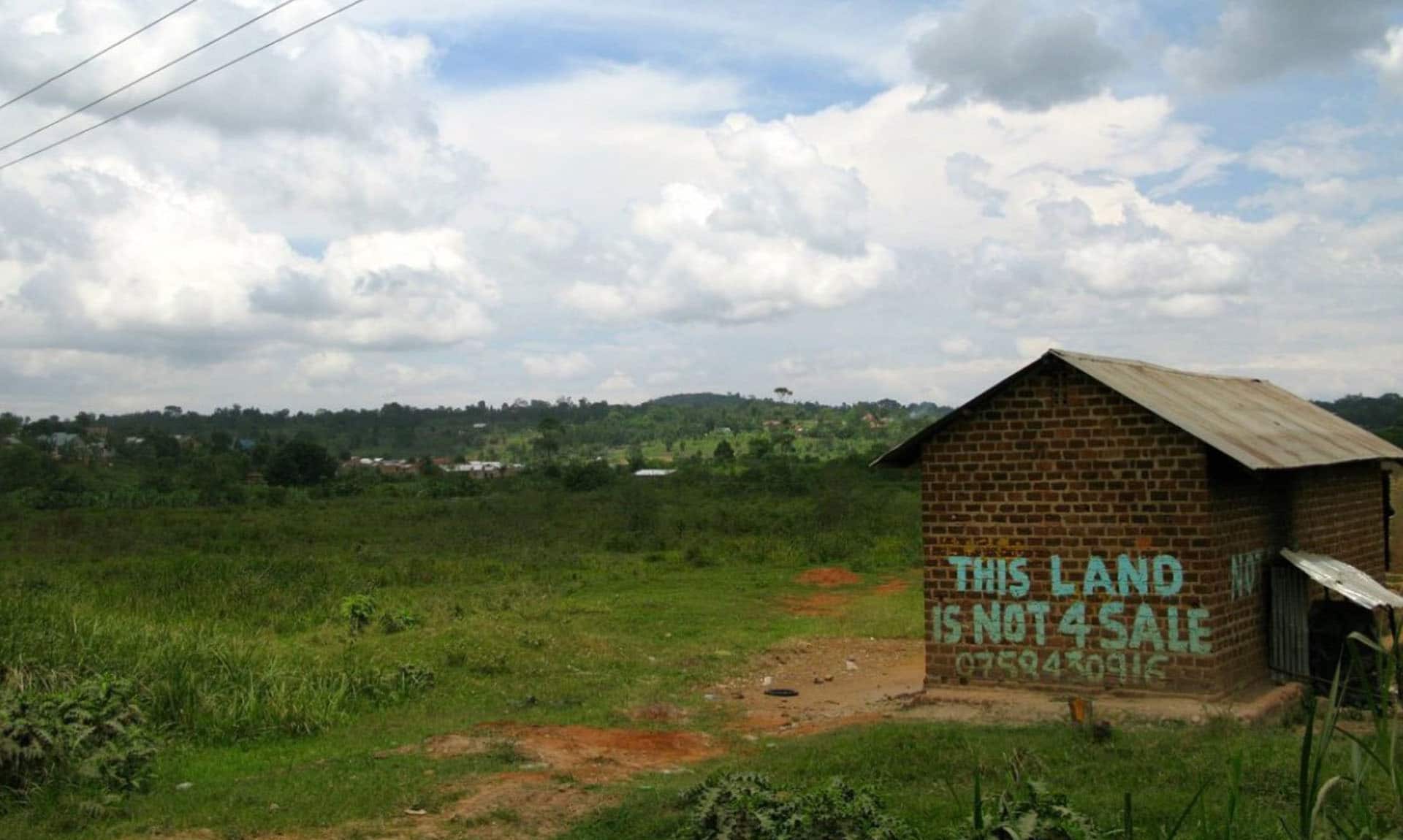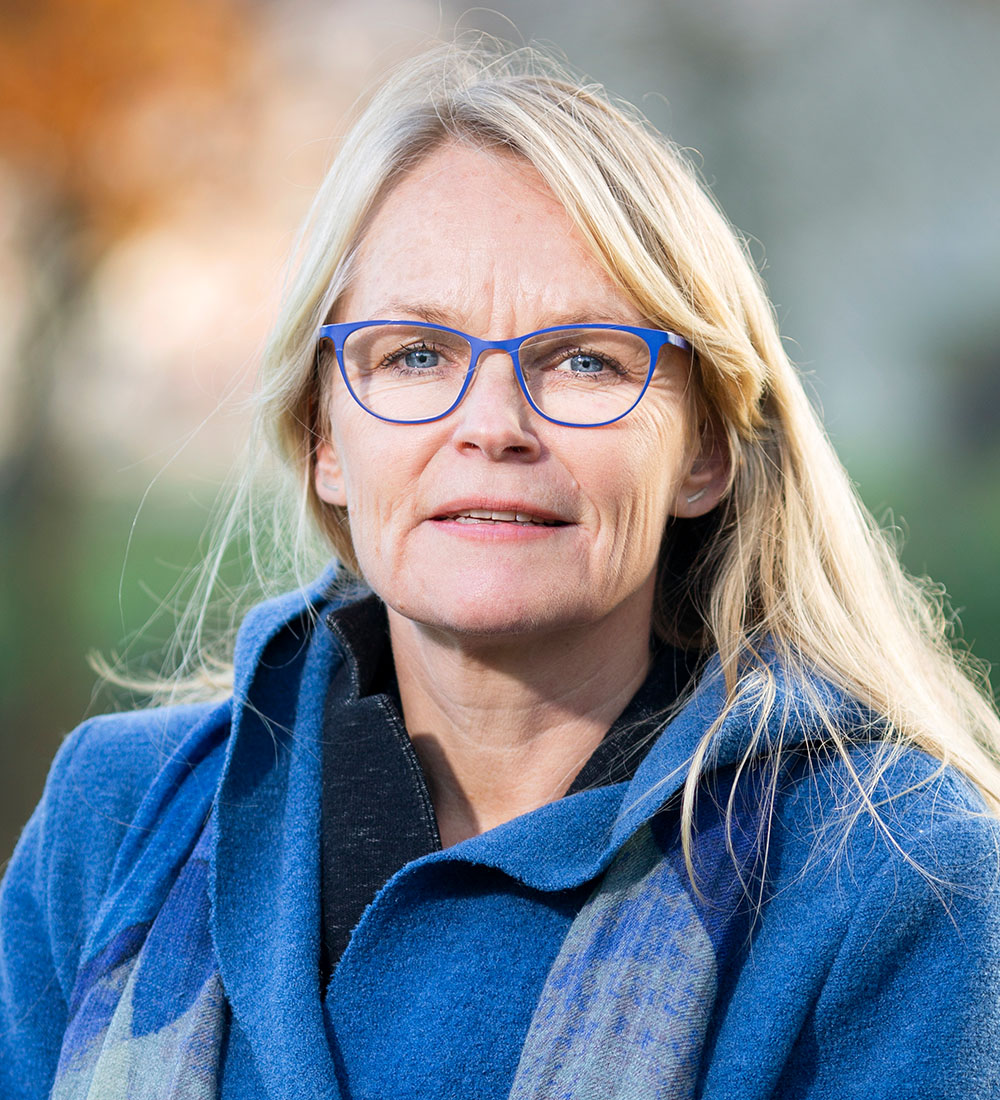In the words of the researcher, Governing Transition in Northern Uganda: Trust and Land
04-03-22

About the project
After decades of violence, when most of the population in Northern Uganda was displaced and lived in camps, land disputes of various kinds have arisen in the transition from war to peace. A pervasive legacy of mistrust in institutions of governance, related to camp memories and the conflict, is challenging the transition.
The Governing Transition in Northern Uganda: Trust and Land (In short Trust Land) research project examines the links between land, trust, mistrust and governance with an emphasis on gender and generation. It explores how differently positioned people in Northern Uganda manage and mitigate conflicts in a setting where formal and parallel legal authorities coexist.
We asked Professor Lotte Meinert about the outcomes of the research.
The project is implemented in partnership between Aarhus University (AU), Denmark, and Gulu University (GU), Uganda, together with University of Copenhagen (UCPH), Denmark.

What were the main results of your research?
The Trust Land research project produced knowledge about the management of land disputes and the role of trust and governance during the post-conflict transition.
Land disputes are managed formally through institutions and the courts, and informally within families and clans. This double system appears to be an advantage, yet many disputes remain unresolved.
What development changes did your research lead to and through which channels (policy/community/others)?
We created knowledge for various development partners through our local, national and international outreach. We held annual workshops that served as platforms for stakeholders from official institutions, civil society organisations, and traditional leaders to share research findings and experiences. In addition, we arranged a conference entitled “Parks and People” that brought stakeholders, researchers and local communities together. We involved the Danish Embassy, discussed with World Bank land program officers and disseminated and discussed findings in relation to national policies and donor programmes.
Why was it important to conduct research in your thematic research area in Uganda?
Various kinds of land disputes have arisen after the decades long armed conflict in Northern Uganda. Disputes between neighbors and kin are widespread in areas where people are resettling after having been displaced. Some of these tensions play out in relation to generation and gender. Conflicts over land between people and institutions, such as churches, schools and the military, inflict problems on local communities. In areas close to national parks, people and animals struggle over access to territory. To solve these problems, national programmes are promoting individual tenure. This gives rise to tension as it likely to lead to greater inequality: the older generations and peasants are generally poorer and tend to hold land collectively, so there is a risk that, in a system with individual tenure, the richer educated elite will succeed in acquiring most of the land.
What were the mutual benefits of the collaboration for the involved partners of the research project?
We have all built research capacity by collaborating and sharing research approaches. Our long-term collaboration has given birth to a number of new research projects.
PhDs: Three Ugandan and two Danish PhDs
Implementation period: 1 January, 2013 – 13 January, 2020
Danida support: 10,085,188 DKK
Find more information about the project at the Danida Research Portal.
And the project website for other information, including publications: https://trustland.me/
Danida Fellowship Centre administers the development research grants provided by Denmark’s development cooperation, Danida, on behalf of the Ministry of Foreign Affairs of Denmark. See all the granted research projects.
Go back to our stories